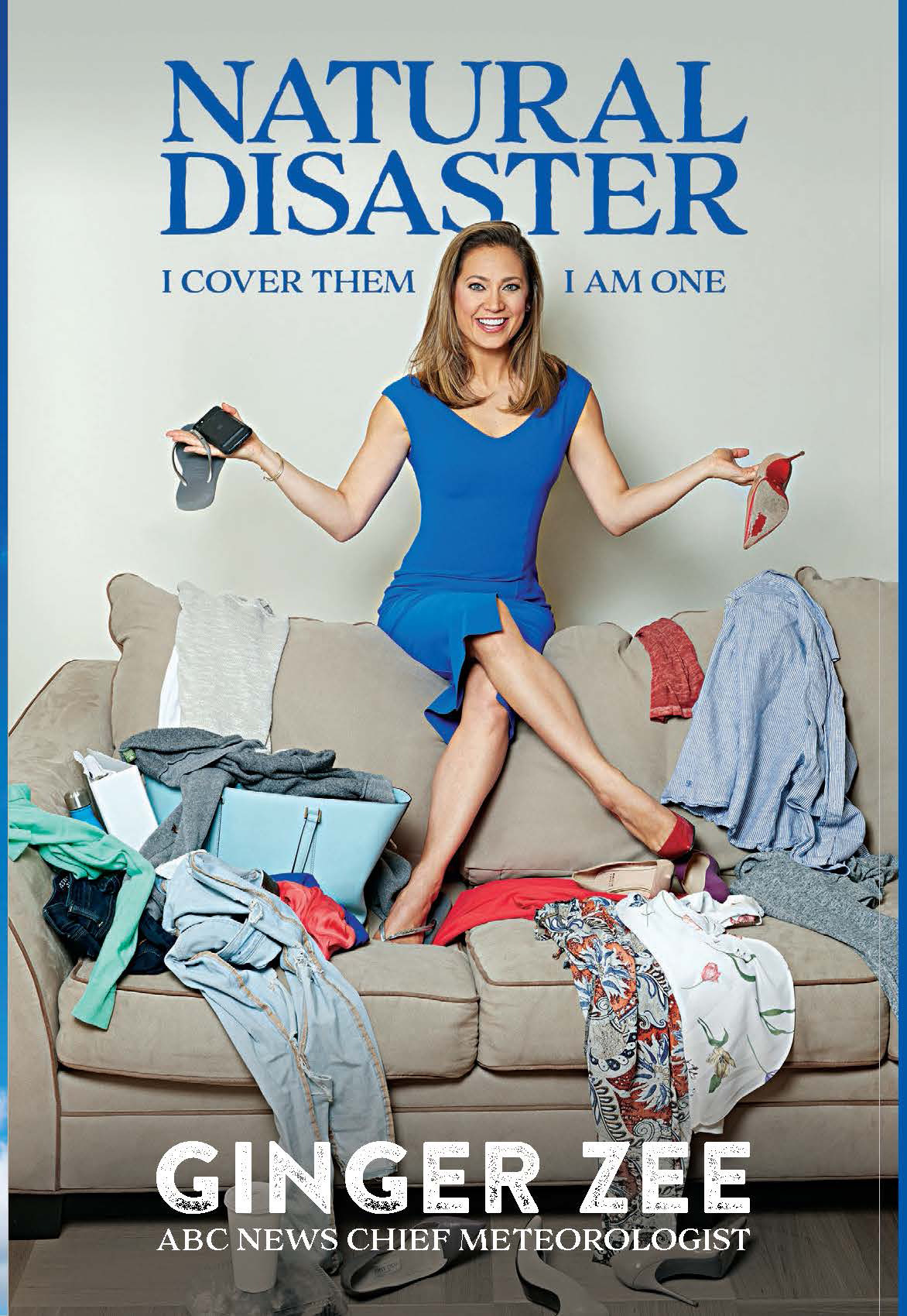According to Mental Health America, recent data shows “more than 88,000 additional people have developed anxiety or depression as a result of the COVID-19 pandemic. In addition, 21,000 were thinking of suicide or self harm.” There’s also been an increase in substance use disorders and relapse for those in recovery from substance abuse. The Washington Post just released an article titled, Drug overdoses are soaring during the coronavirus pandemic. The American Psychological Association has reported several heart wrenching suicides linked to COVID-19, as well as an increase in suicidal ideation. Not only are we in a medical and financial crisis, we’re also in a mental health crisis.
For the past four months, due to COVID-19, I’ve been providing cognitive behavioral teletherapy to my clients. Conducting therapy through a screen is not the most ideal, as I appreciate the intimacy of sharing a sacred space with my clients. I believe its vital to provide support and offer actionable tools to negate feelings of hopelessness, frustration, grief, loss and fear, just to name a few.
Ginger Zee, Chief Meteorologist at ABC News and New York Times Best Selling Author of Natural Disaster is a woman I strongly admire. She’s a risk taker and a role model for so many. Ginger exudes vulnerability by sharing her mental health journey publicly. She uses her platform to break the silence and stigma of mental health, so people can find hope through shared experiences and get the help they deserve.
After reading her book, which she reports offered another level of healing, Zee graced me with the opportunity to interview her over zoom to dig a little deeper. During a candid conversation, she shared insights into a new book she’s currently working on and provided concrete tools she uses to manage her depression and anorexia. Practicing recovery while in quarantine requires extra vigilance. Zee’s a living example of taking action and living one day at a time. When I asked what’s been working for her, she offered several tools that she regularly practices. My hope is that these suggestions will be a helpful addition to your mental and emotional toolbox.
Ginger suggests getting really honest:
“When I see darkness, I say it out loud, write in down, and tell my husband.
Engage in daily self reflection.
Set daily intentions for myself and the world.
Practice meditation which can also be a form of prayer.
Use mantras and analogies.
Ask yourself what is my greater purpose, how can I leave a legacy?
Practice intuitive eating by listening to what your body wants vs the should’s.
Cognitive Restructuring, notice and change any negative thinking patterns.
Know your triggers. Being at home I have major control and my anorexic tendency is to push food onto others.
Exercise and cooking.
Therapy. We need to view going to the hospital for mental health similarly as we would if someone needs to go to the hospital for a broken arm. After I was discharged from the psychiatric hospital in New York, I was working intensely with a therapist a few times a week. Therapy has drastically helped me.”
We’re all a work in progress. Mental health strategies are not a one size fits all type of model. Explore what works best for you. We need to continue to have open dialogue with ourselves and others about how we’re really doing. It’s okay to not be okay.
Ginger Zee has her dream job which she was able to achieve by a lot of hard work and a little luck. I asked her what it was like to be at the top of the mountain and she laughed as she remembered saying to herself, “This is it? Today, I consider myself looking up feeling anchored, and releasing balloons. I know there is so much more growth. I want to focus on psychology and spirituality. The pandemic has allowed me to slow down.”
Zee’s been working on her upcoming book and describes Natural Disaster as “Ginger Lite.” Her next book will go more in depth into her prior relationships with men and sex which she describes as her replacement for anorexia, a second suicide attempt, and how her anorexia is harder for her to manage than her depression. Her goal of releasing this next book is to let people know she’s very far from perfect. She’ll focus on tools and the importance of rehabilitation. She encourages people to take at least a week to nourish their mental health eve if it’s in a tent in your backyard.
If you or someone you know seems to be struggling, Mental Health America offers a free online screening to determine whether you are experiencing symptoms of a mental health condition. www.mhascreeing.org This can be a first actionable step to getting the help you or someone else needs.
DO NOT SUFFER IN SILENCE! There are mental health professionals who are offering tele health therapy sessions to help you on your journey during these difficult times. You do not have to do it alone.



